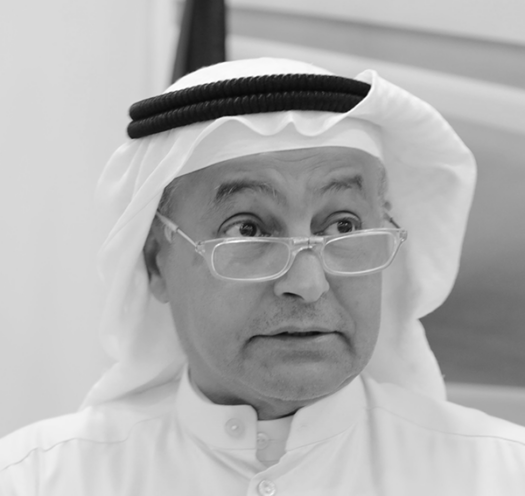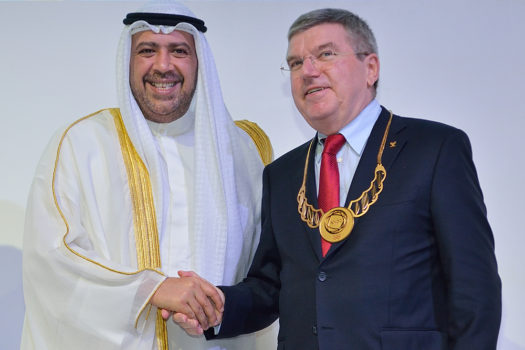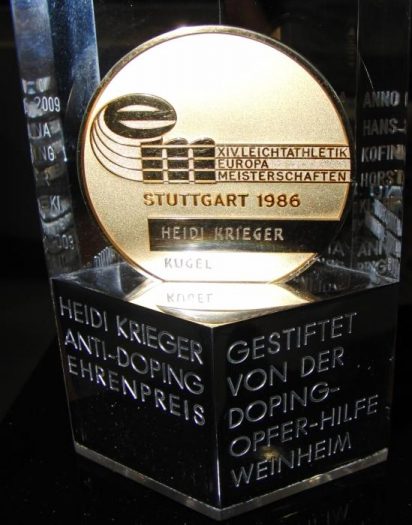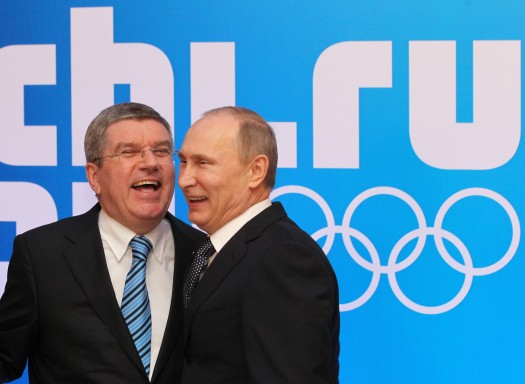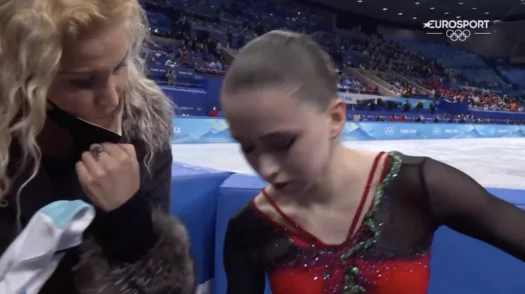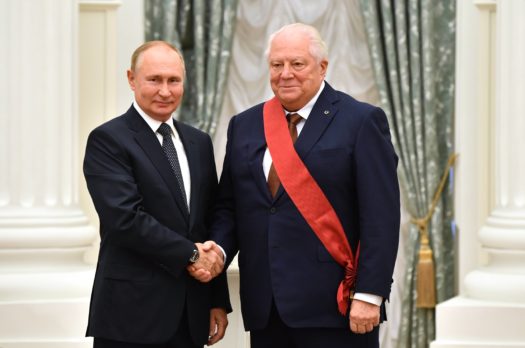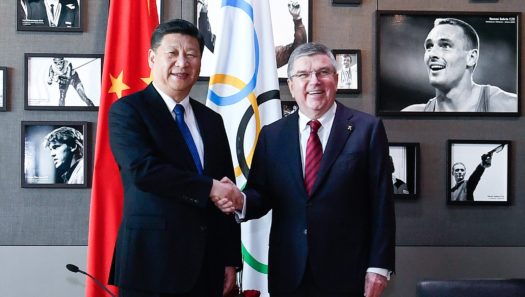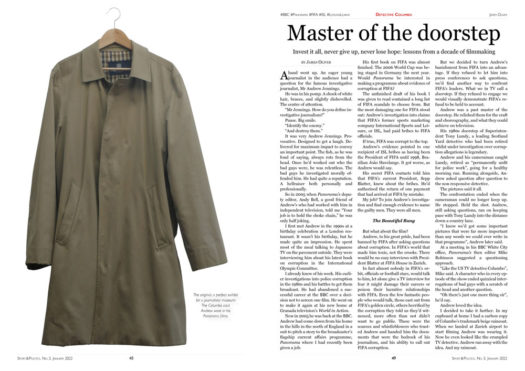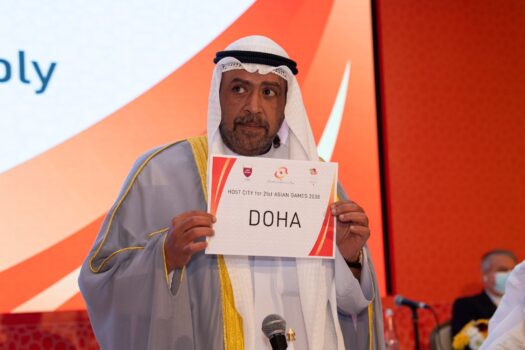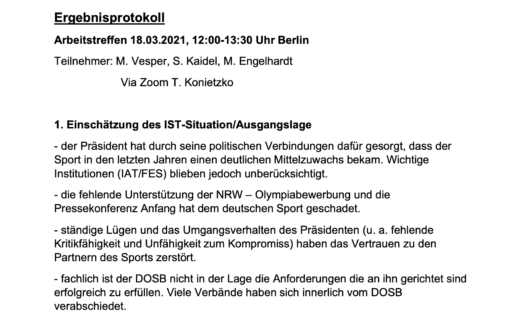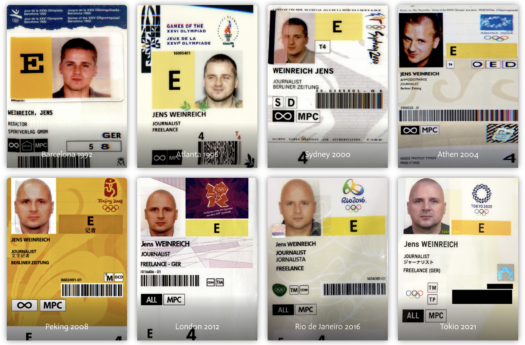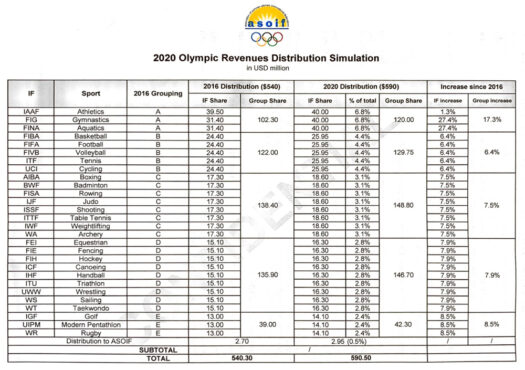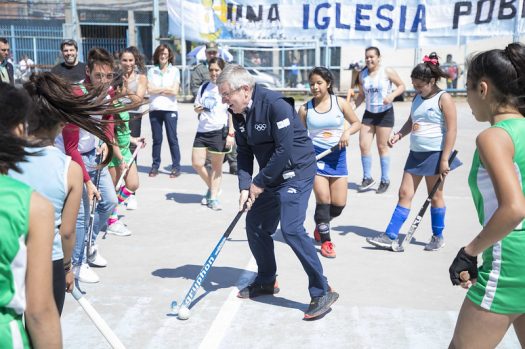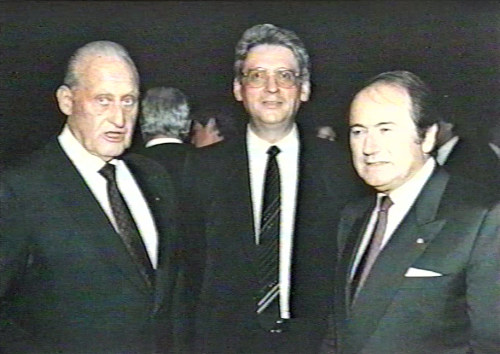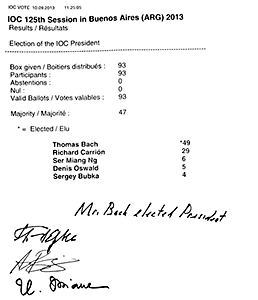Das Olympische Bildungsmagazin
Was vom Tage übrig bleibt (76): #journalism, „The twisted reality of an Italian freelancer in Syria“ by Francesca Borri
- Jens Weinreich
- 13. Juli 2013
- 15:57
- Keine Kommentare
Mir stockt der Atem. Selten ein so brutalst ehrliches Stück über die Medien-Realität und Journalismus im dritten Jahrtausend gelesen.
Die Italienerin Francesca Borri beschreibt für die Columbia Journalism Review ihre Erfahrungen als (freelance) Kriegsreporterin in Syrien:
Lesebefehl!
Hammerhart auch viele Kommentare unter dem Stück.
Einige Passagen:
People have this romantic image of the freelancer as a journalist who’s exchanged the certainty of a regular salary for the freedom to cover the stories she is most fascinated by. But we aren’t free at all; it’s just the opposite. The truth is that the only job opportunity I have today is staying in Syria, where nobody else wants to stay. And it’s not even Aleppo, to be precise; it’s the frontline. Because the editors back in Italy only ask us for the blood, the bang-bang.„
But whether you’re writing from Aleppo or Gaza or Rome, the editors see no difference. You are paid the same: $70 per piece. Even in places like Syria, where prices triple because of rampant speculation. So, for example, sleeping in this rebel base, under mortar fire, on a mattress on the ground, with yellow water that gave me typhoid, costs $50 per night; a car costs $250 per day. So you end up maximizing, rather than minimizing, the risks. Not only can you not afford insurance—it’s almost $1,000 a month—but you cannot afford a fixer or a translator. You find yourself alone in the unknown. The editors are well aware that $70 a piece pushes you to save on everything. They know, too, that if you happen to be seriously wounded, there is a temptation to hope not to survive, because you cannot afford to be wounded. But they buy your article anyway, even if they would never buy the Nike soccer ball handmade by a Pakistani child.„
The crisis today is of the media, not of the readership. Readers are still there, and contrary to what many editors believe, they are bright readers who ask for simplicity without simplification. They want to understand, not simply to know.“
You get an exclusive story, like the one I wrote last September on Aleppo’s old city, a UNESCO World Heritage site, burning as the rebels and Syrian army battled for control. I was the first foreign reporter to enter, and the editors say: “How can I justify that my staff writer wasn’t able to enter and you were?” I got this email from an editor about that story: “I’ll buy it, but I will publish it under my staff writer’s name.”
But we’re war reporters, after all, aren’t we? A band of brothers (and sisters). We risk our lives to give voice to the voiceless. We have seen things most people will never see. We are a wealth of stories at the dinner table, the cool guests who everyone wants to invite. But the dirty secret is that instead of being united, we are our own worst enemies; and the reason for the $70 per piece isn’t that there isn’t any money, because there is always money for a piece on Berlusconi’s girlfriends. The true reason is that you ask for $100 and somebody else is ready to do it for $70. It’s the fiercest competition.„
You who tomorrow are still alive, what are you waiting for? Why don’t you love enough? You who have everything, why you are so afraid?“
NEU:
